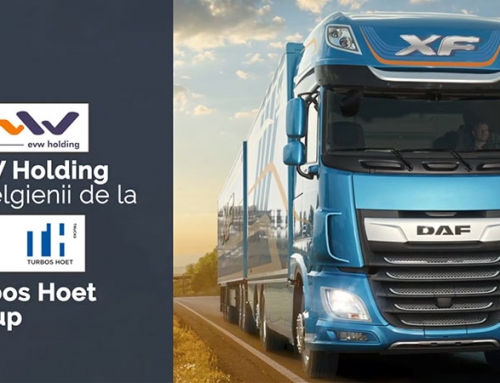In the daily activity, we are often put in the situation to decide if for certain transaction we are obligated to issue tax invoices or is it possible to simplify this process by issuing simplified invoice. Thus, we shall clarify these aspects in this article.
Legal provisions
According to the Tax Code, a taxable person has to issue an invoice towards beneficiary in the case of delivering goods or providing services, distance sales, intra-community supplies of goods or in the case of a cash advance.
Thus, according to art. 319 para. (1) and para. (2), „documents or messages either on paper support or electronic format”, as well as „ny document or message that modifies and that specifically refers to the initial invoice, without any ambiguities”.
According to art. 319, para. (12) from the Tax Code, a taxable person can issuesimplified invoices if the value of the invoices, inclusively VAT, does not surpass EUR 100 or if there are messages, respectively documents treated as invoices.
According to art. 319, para. (21), the elements that the simplified invoice have to include are the following:
- issue date;
- the identification of the taxable person that delivered the goods or provided the services;
- the identification of the type of goods or supplies services;
- the tax of the collected amount or the necessary information for its calculation.
For the other cases in which the issue of the normal invoice is mandatory, the provisions of art. 319, para. (20), regarding the mandatory elements that an invoice has to include, shall be applied.
Moreover, the Tax Code mentions the fact that „the amounts indicated on the invoice can be expressed in any currency under the condition that the collected VAT or regularization value shall be expressed in RON. In the situation in which the collected tax value is expressed in another currency, it shall be converted in RON using the exchanged rate provided at art. 290”.
Thus, taking into account the mentions from above, the expenditures carried out by companies within current activities, based on simplified invoices, e deductible from the tax profit calculation (exception: non-deductible expenditures provided by the Tax Code such as tobacco and alcohol).
From the point of view of the value added tax, according to the Methodological Rules of applying the Tax Code, the VAT related to the acquisitions made based on simplified invoice is deductible if the invoice includes the elements provided in art. (21) from the Tax Code, as well as the VAT code of the beneficiary of the products/services.
Practical aspects
As we previously mentioned, there are situations in which the representatives/employees of a company do not have to issue goods and/or services in an amount smaller than EUR 100 (including VAT), simplified invoices, such as receipts, being enough
For example, in the case of sales of consumables (office equipment, stationery, cleaning products, etc.) with a value smaller that EUR 100 (including VAT), a simplified invoice can be issued (such as, a receipt), on which to write the VAT code of the beneficiary company.
The mentioning of the beneficiary’s VAT code on the receipt ensures the deduction of the related VAT, not just the deductibility of the expenditure.
In conclusion, for the selling of good or services with a value smaller that EUR 100 there is the possibility of issuing tax receipts or other simplified documents, as long as the beneficiary’s VAT code is mentioned on it.
If the value of the acquisitions surpasses EUR 100, the seller/provider has to issue tax invoices with the mention of all the elements specified at art. 319, para. (20) from the Tax Code.
Articol published first on Avocatnet.ro.



Suntem soluția eficientă în oferirea de servicii complexe de evaluare și consultanță pentru clienții corporativi. Echipa noastră de specialiști asistă clienții în soluționarea diverselor spețe cu impact fiscal.






